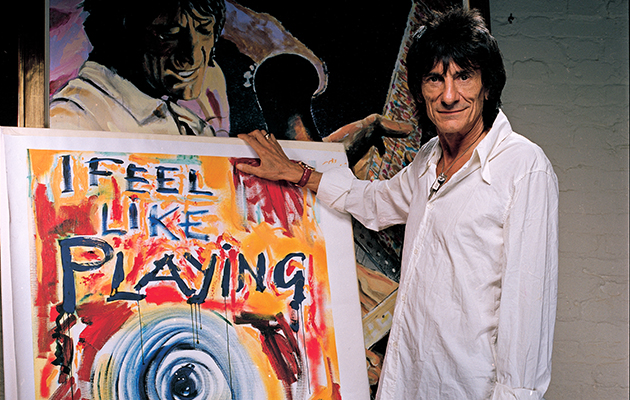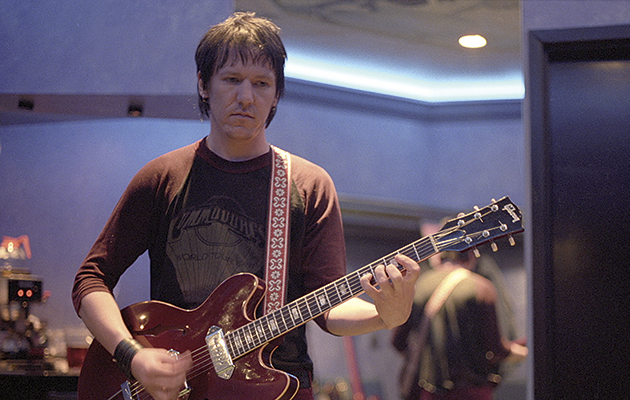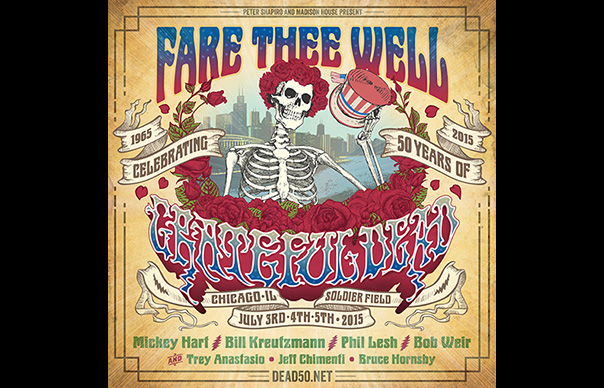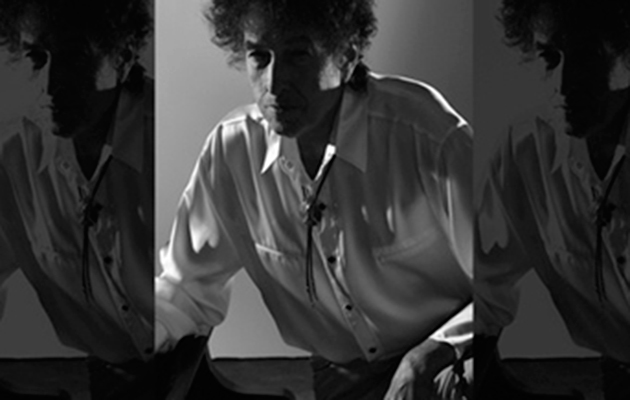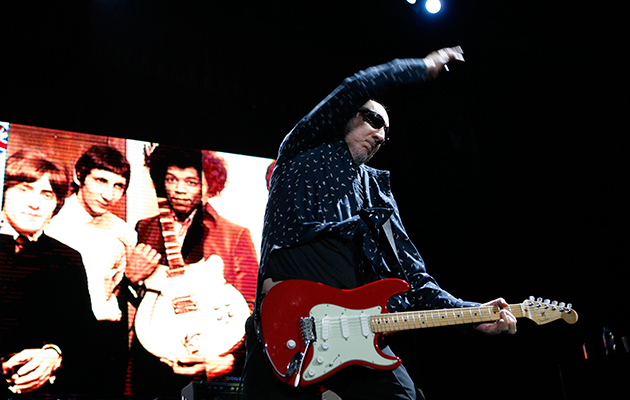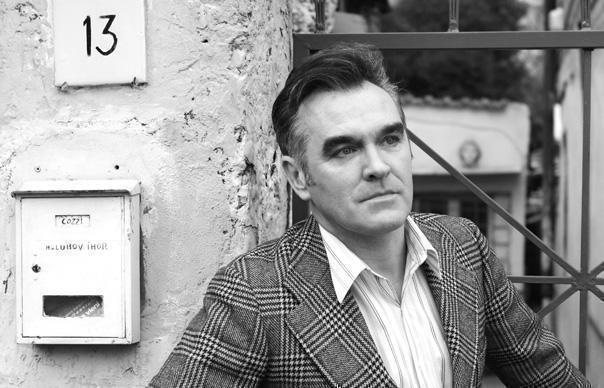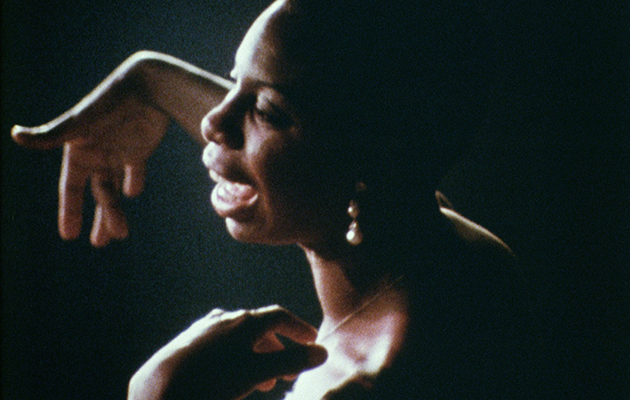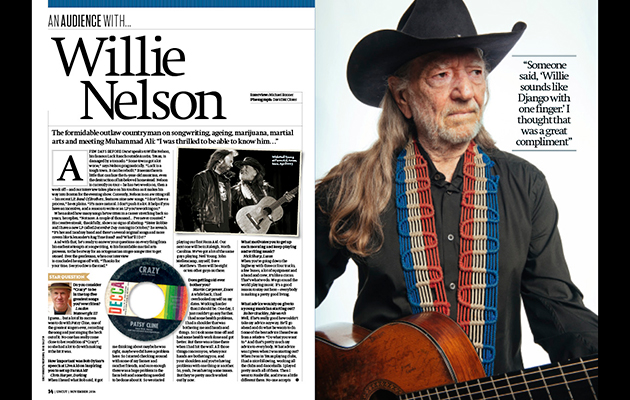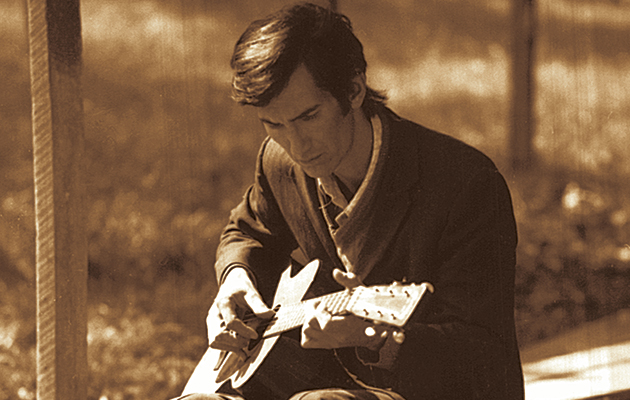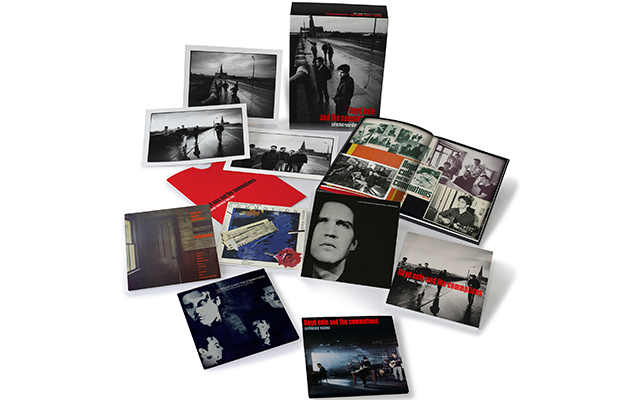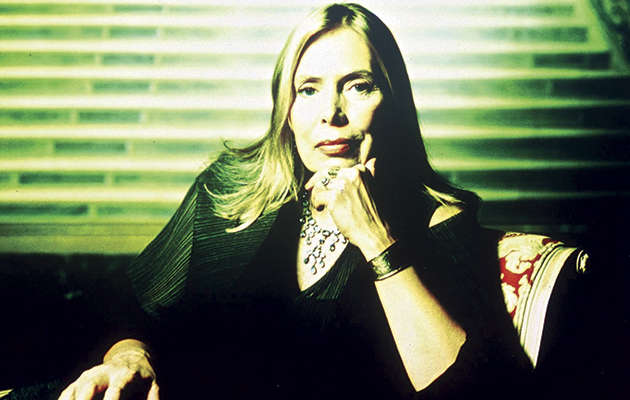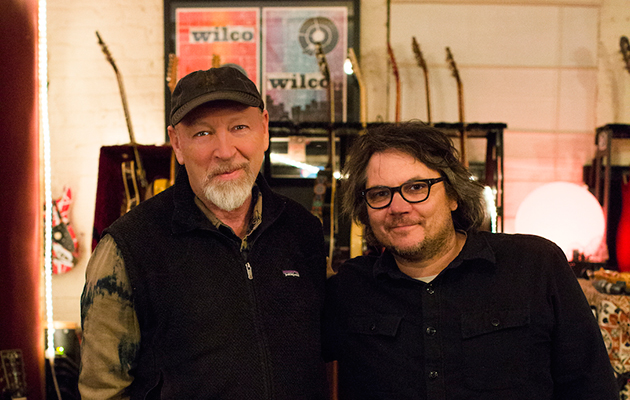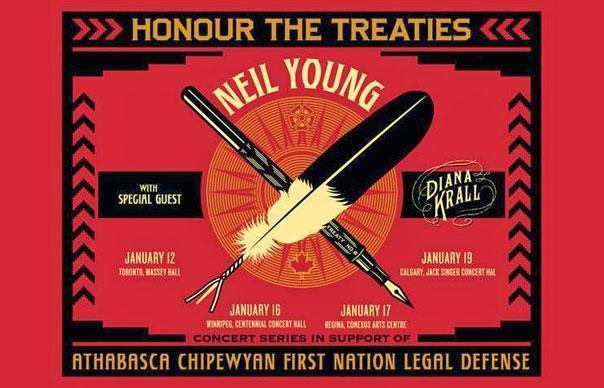Richard Thompson has announced details of his new album.
Still has been produced by Jeff Tweedy and will be released on Proper Records on June 29, 2015.
The album was recorded in Wilco‘s rehearsal loft in Chicago over the course of nine days. Musicians on the album include Thompson’s long-term bassist Taras Prodaniuk and drummer Michael Jerome along with guitarist Jim Elkington and vocalists Loam and Sima Cunningham who have all recently appeared on Tweedy’s recent album, Sukierae.
Sill will be available in several configurations including a twelve-track CD, a twelve-track double 180-gram vinyl album and a deluxe CD package that includes a five-song EP from a previously un-released session.
“Jeff is musically very sympathetic,” says Thompson. “Although some of his contributions are probably rather subtle to the listener’s ear, they were really interesting and his suggestions were always very pertinent.
“I really tried to not have any preconceived ideas,” Thompson says of working with Tweedy, “but of course you do. I tried to shove those to the back of my mind. You don’t really know until you turn up — what the studio is like, what the gear is like. It ended up being a nice unfolding of surprises.”
“Richard’s been one of my favorite guitar players for a very long time,” said Tweedy. “When I think about it, he’s also one of my favorite songwriters and favorite singers. He’s the Ultimate Triple Threat. Getting to work closely with him on this record was a truly rewarding experience, not to mention a great thrill. And he keeps alive my streak of working exclusively with artists who make me look good as a producer.”
Click here to read Richard Thompson on his greatest albums
The track listing for Still is:
She Never Could Resist A Winding Road
Beatnik Walking
Patty Don’t You Put Me Down
Broken Doll
All Buttoned Up
Josephine
Long John Silver
Pony In The Stable
Where’s Your Heart
No Peace No End
Dungeons For Eyes
Guitar Heroes
The album can be pre-ordered from Amazon, iTunes or Proper Records.
Meanwhile, the Richard Thompson Electric Trio will tour the UK in August and September.
They play:
August 28: Purbeck Valley Folk Festival, Wareham, Dorset (solo)
August 30: Shrewsbury Folk Festival, Shrewsbury
September 1: Vicar Stree, Dublin
September 2: Perth Concert Hall, Perth
September 3: Aberdeen Music Hall, Aberdeen
September 5: Queen’s Hall, Edinburgh
September 6: Sage, Gateshead
September 8: Philharmonic Hall, Liverpool
September 9: Lowry, Salford
September 10: City Hall, Sheffield
September 12: Royal Centre, Nottingham
September 13: Symphony Hall, Birmingham
September 15: St David’s Hall, Cardiff
September 16: Colston Hall, Bristol
September 18: Regent Theatre, Ipswich
September 19: Corn Exchange, Cambridge
September 20: Royal Festival Hall, London
You can find more information by clicking here.


